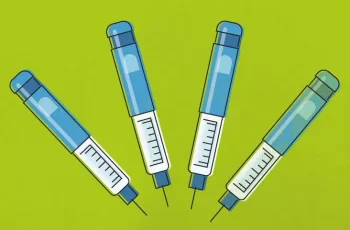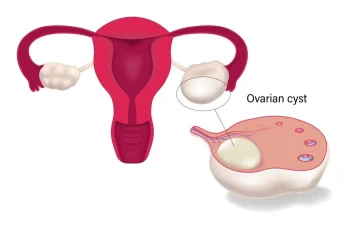Perfectionism isn’t an official ADHD symptom, yet its coexistence with the disorder’s impulsivity and distractibility creates a paradox. Once seen as opposites, recent 2023 research shows perfectionism in ADHD stems from harsh self-criticism, not high standards, leading to anxiety, avoidance, and procrastination. Tasks are delayed over fear of failure, trapping individuals in a cycle of inaction and self-blame.

Perfectionism manifests as obsessive task refinement, missed deadlines, or dismissing successes due to unattainable ideals, with feedback often intensifying feelings of inadequacy. Life experiences—like constant criticism for attentional lapses—fuel this, as societal pressure to meet neurotypical norms deepens negative self-perceptions, eroding self-esteem and inviting anxiety or depression.
This overlap heightens risks for anxiety disorders and OCD, making professional help vital. Therapy can reframe negative thoughts and build self-compassion, recognizing ADHD’s challenges and strengths. Understanding this interplay challenges old assumptions, encouraging a kinder, holistic approach to self-acceptance.




